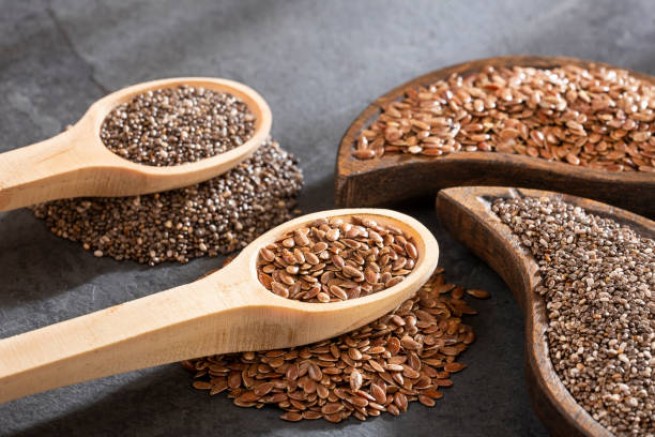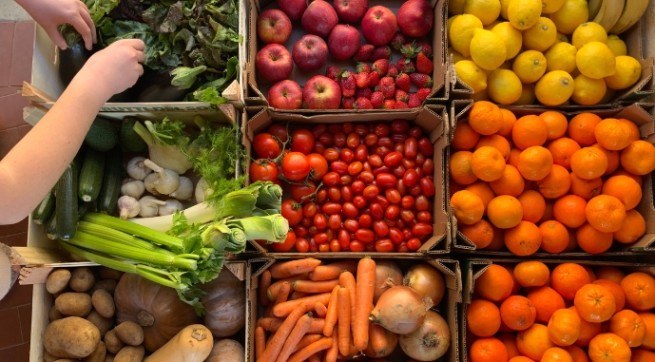In many countries around the world, popular delicious dishes are prepared from offal. They are nutritious and healthy, but nutritionists also warn about health risks.
What is by-products?
Speaking about the benefits and some dangers of these products, nutritionists say:
“Offal is traditionally the edible organs of animals. Among them are the liver, heart, brains and intestines. The largest number of meat dishes are prepared from the muscle meat of livestock. But in many countries, popular dishes are prepared from animal organs.”
This is a healthy food that should be included in your daily diet. By-products are rich in nutrients, vitamins, and besides, their price is pleasantly attractive compared to meat. Many dishes are traditionally considered the hallmarks of national cuisine:
- duck liver in France;
- beef tongue in Latin America;
- pork liver in Germany;
- kidneys, stomach and intestines in Asian cuisine.
Nutritional value of offal
Nutritionists note the high content of nutrients in offal:
“Organal meats are rich in nutrients. With the exception of guts and brains, most organ meats are a good source of vitamins and minerals, including many B vitamins, iron and zinc.”
For example, 115 grams of raw beef liver contains 153 calories, 23 grams of protein, 4 grams of fat and 4 grams of carbohydrates. And 115 grams of raw beef heart contains 127 calories, 20 grams of protein, 4 grams of fat and no carbohydrates.
What are the benefits of by-products?
By supplying the body with useful substances, offal helps prevent many diseases:
- Reduce the risk of Alzheimer’s disease – Thiamine (vitamin B1) found in the liver helps prevent risk factors for this disease, including memory loss and the formation of beta-amyloid plaques.
- Animal organs, especially the liver and kidneys, contain iron. With a deficiency of this element, many people experience increased fatigue and lack of energy. Eating offal (especially liver) increases the level of iron in the blood and, accordingly, energy.
- The kidneys and liver contain riboflavin (vitamin B2), which helps reduce the risk of developing cancer – lung cancer and colorectal cancer. Recent studies have shown that riboflavin deficiency increases the likelihood of esophageal cancer.
By-products also play an important role in strengthening the immune system, nutritionists say:
“By-products, particularly liver, kidney and heart, contain a lot of zinc. This mineral is essential for the proper functioning of the immune system. People with zinc deficiency are more susceptible to infection. In addition, significant amounts of bioavailable iron also contribute to better immune defense.”
About health risks – who should limit consumption of offal
Unfortunately, offal is not only beneficial, but in some cases it can also have negative health consequences:
cholesterol level Organ meats are high in saturated fat and cholesterol (especially liver and heart), which affect blood cholesterol levels and increase the risk of heart attack or stroke. Therefore, nutritionists recommend consuming organ meats in moderation;
risk of gout exacerbation – people suffering from this disease should avoid frequent consumption of offal, as they contain a lot of purine*. Purine-rich foods may contribute to the progression of joint damage;
people diagnosed hemochromatosis have too much iron in the blood and its accumulation in the liver, so they should limit their intake of organ meats rich in this trace element.
*Purines are nitrogen-containing compounds that come from food and (or) synthesized in the body. Large amounts of purines are found in animal products. In the body they are broken down into uric acid and in this form are excreted from the body through the kidneys.







More Stories
Where will Greeks go for Easter: the best domestic and foreign destinations
Fine 1200 euros for the bad habit of Greeks at Easter, who is at risk
UK: human trial of melanoma vaccine started